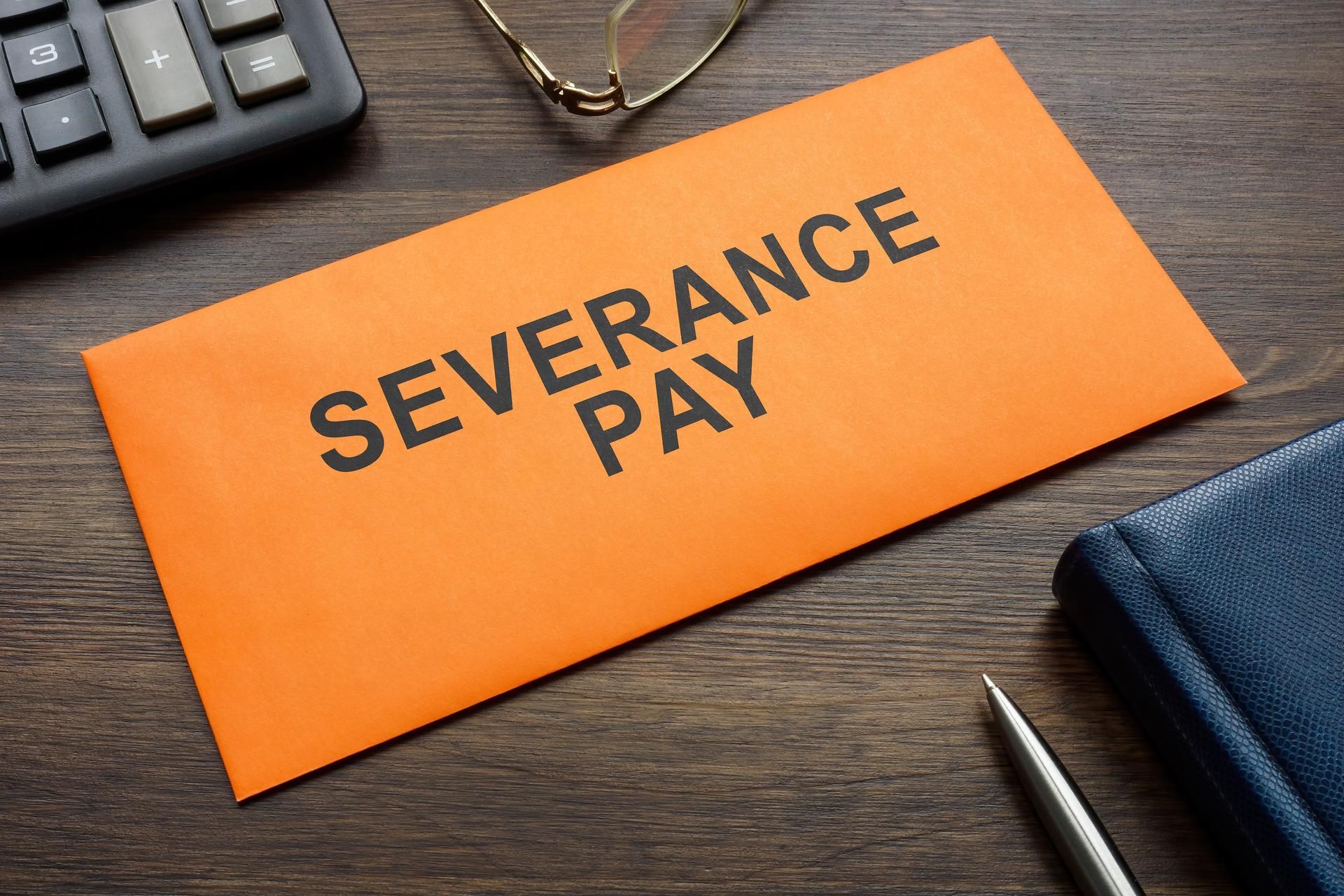Understanding Sexual Harassment in the Workplace

In an ideal world, your employer should provide a comfortable and safe work environment. But whether you work in an office setting or in the boiler room of a steel mill, an employer has a responsibility to ensure no one is being harassed for any reasons that violate Title VII of the Civil Rights Act of 1964 as amended. However, sexual harassment is still a problem in many companies, and when it is left uncontrolled it can create a toxic work environment. If you would like to know more about sexual harassment in the workplace, keep reading.
What Is Sexual Harassment?
Sexual harassment can be overt or subtle. More overt signs of sexual harassment include inappropriate touching or making sexual gestures toward someone. However, there are less obvious signs that someone is sexually harassing you, such as talking to you about your sex life or their sex life, showing you explicit images, or sharing explicit jokes and stories.
The employee does not have to be targeting you to sexually harass you. If you overhear a fellow employee tell another employee an explicit story, or if you see inappropriate touching between two employees (even if it is consensual for both parties), you can report it as sexual harassment to the HR department.
In some cases, the HR department may keep the identity of the employee who reported the sexual harassment private (but the employer does not have to keep your complaint private). This is to prevent retaliation from other employees and the employer. Retaliation is never legal in the work environment and can lead to serious consequences.
Are There Different Types of Sexual Harassment?
The Equal Employment Opportunity Commission (EEOC) names two types of sexual harassment in the workplace: quid pro quo and hostile work environment. In a quid pro quo situation, your employer may agree to trade a promotion for sexual favors. In some cases, they request sexual favors in exchange for not firing you, retaliating, etc. This type of harassment is typically done by a manager or supervisor.
Hostile work environment sexual harassment can include many examples, and the hostile behavior can come from anyone, including upper management and coworkers. This type of sexual harassment is often harder to spot because it is usually subtle, such as saying sexist comments around other employees. If an employee repeatedly asks you out or posts inappropriate pictures at their workstation, such as a suggestive calendar, it may constitute a hostile work environment. Unfortunately, the Courts take into account the frequency of the communications as well as the content.
What if a Customer or Client Sexually Harasses You?
In many cases, sexual harassment comes from managers and fellow employees. While it may be uncomfortable, you typically know you can go to HR and report the incident without issue. However, what happens if the person sexually harassing you is a customer or client? Luckily, you can still take action because your employer has a responsibility to provide a work environment free from sexual harassment, and that includes ensuring you aren't being harassed by clients and customers, but the employer is likely only legally liable if it has notice of the problem and puts you in a dangerous situation with that specific customer or client in the future.
If a customer does sexually harass you, report it immediately, so your employer can demand them to act appropriately. If they continue to harass you or other employers, ideally, your company will terminate the relationship (but the company has no obligation to do so). If you want to continue working with the client for any reason, such as to make a sale or get a bonus, you can help prevent unwanted comments and advances by asking another employee to always meet the client with you.
Sexual harassment is a real issue, and while it is more commonly associated with women, men can be sexually harassed at work too. Regardless of your sex or gender identity, sexual harassment can make you feel self-conscious and afraid to go to work, especially if it turns the entire workplace into a hostile work environment. Luckily, sexual harassment from anyone at work is not allowed, and you can take action. If you would like to know more, contact us at the Offices of Allen D. Arnold, Attorney at Law today.
Alabama Rules of Professional Conduct Notice: No Representation is made that the quality of legal services offered is greater than that of other lawyers. The information contained on this website is not a substitute for legal advice, and reading it does not create an attorney-client relationship.
Alabama Rules of Professional Conduct Notice: No Representation is made that the quality of legal services offered is greater than that of other lawyers. The information contained on this website is not a substitute for legal advice, and reading it does not create an attorney-client relationship.









